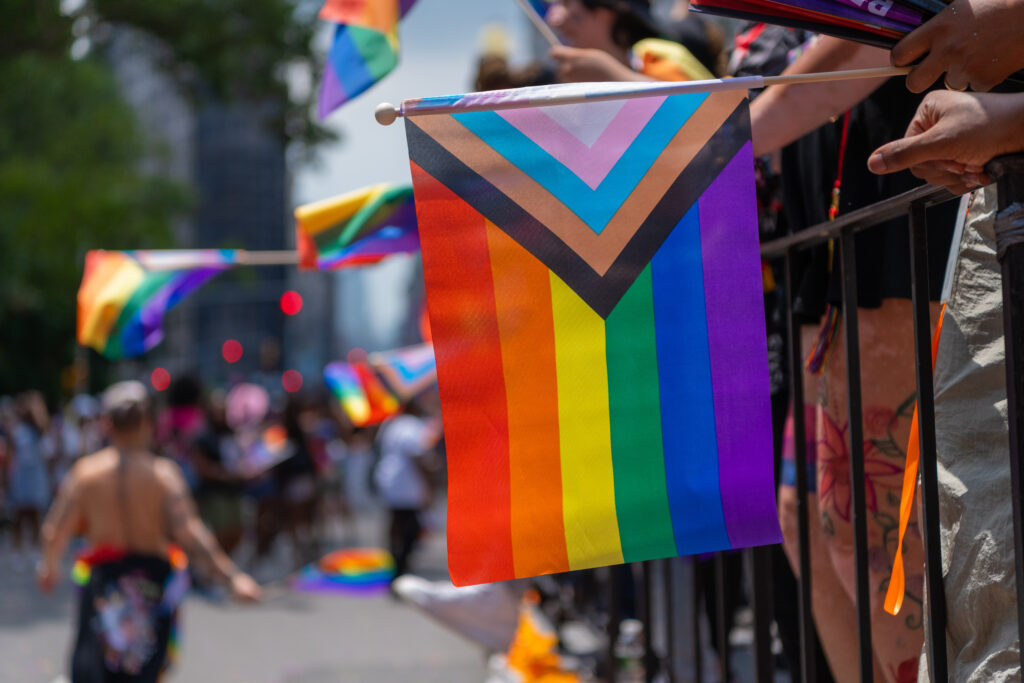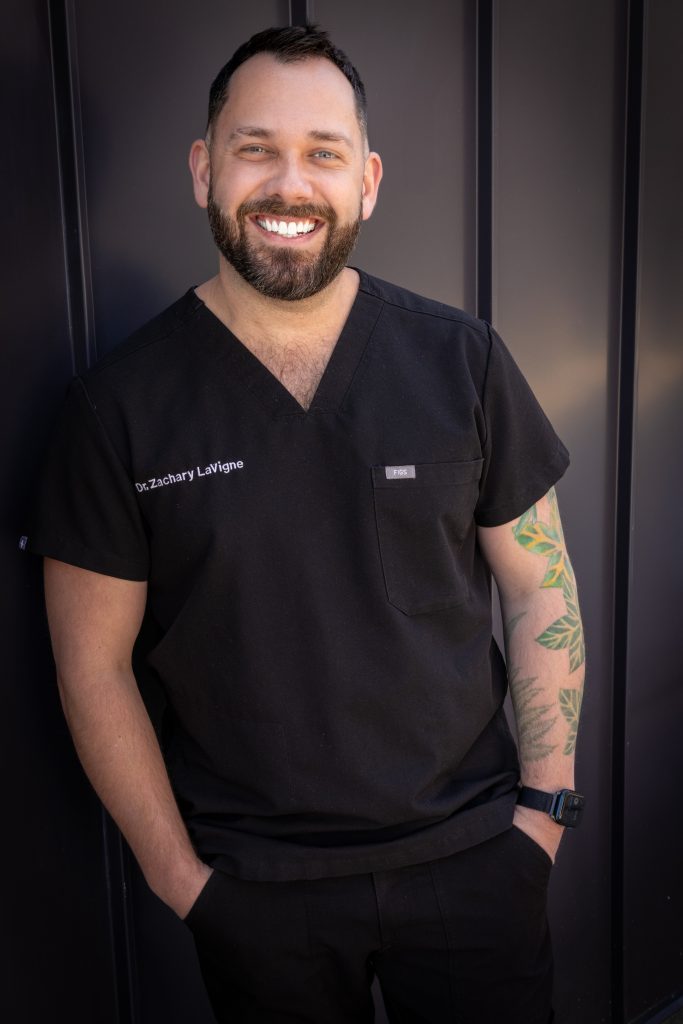By Dr. Zachary LaVigne, B.S., D.C.
I was standing at the corner of 10th and Piedmont last October, watching a river of rainbow flags pour down the street. A drag queen in sequins was perched on a float, a group of teenagers were chanting “love is love,” and someone handed me a bead necklace like I’d been part of the crew all along. The air buzzed with bass and laughter, and for a moment, my chest felt lighter than it had in weeks.

That wasn’t just good vibes. It was biology.
Humans are wired to belong. Our ancestors survived not by being the fastest or the strongest but by sticking together. To be cast out meant danger, even death. Our nervous systems still treat social rejection like a physical injury. MRI scans show that exclusion lights up the same pain centers in the brain as a broken bone. No wonder the queer heart aches when it’s told to hide.
Many of us know that ache well. Growing up, you might have felt it in a classroom where you kept quiet, or at a family dinner where your truth stayed tucked behind your teeth. Some carry even older echoes, what scientists now call “epigenetic scars.” Trauma can alter how genes are expressed, meaning vigilance and stress sometimes ripple through generations like a haunting. The body keeps receipts.
And then Pride arrives.
Walking through Piedmont Park during the festival, you can feel bodies exhale. Strangers link arms. Couples kiss openly on picnic blankets. A mom hoists her kid on her shoulders, the child’s tiny hands waving a rainbow fan. All of it floods the body with cues of safety: cortisol levels sink, oxytocin—the bonding hormone—spikes, and heart rates sync to the rhythm of drums in the parade.
That’s why people cry at Pride. I saw a man near me on the parade route, maybe in his fifties, tears streaming behind his sunglasses as he clutched his partner’s hand. He wasn’t sad, his body was remembering. The nervous system that had braced for rejection for decades was finally being told: you belong.

This is more than celebration. It’s repair. Pride teaches the body a new story. One where we aren’t hiding, but shining. Where exclusion is replaced by inclusion, and shame is rewritten as joy.
So when you step into the crowd this year, whether at the corner of 10th and Piedmont, under the canopy of trees in Piedmont Park, or at one of the late-night dance parties, notice what happens inside you. That flutter in your chest isn’t just glitter and music. It’s biology rebooting. It’s the body healing itself through belonging.
And belonging, after all, is what we were built for.
